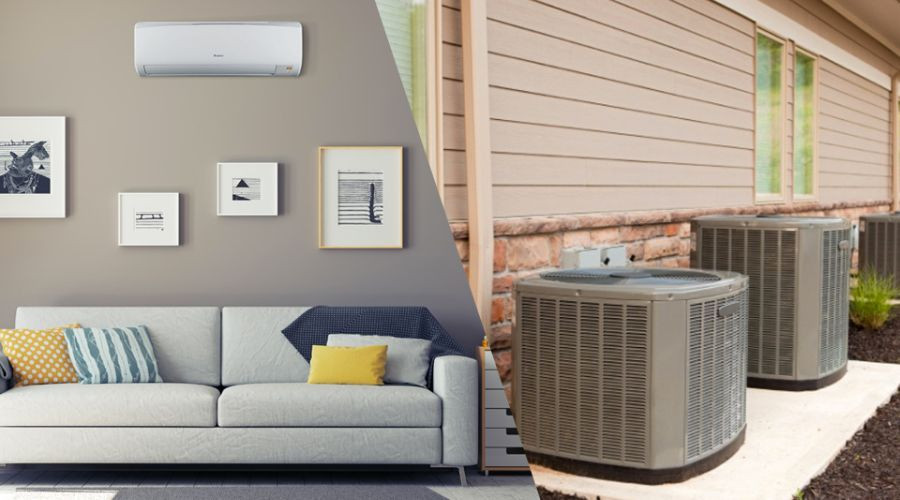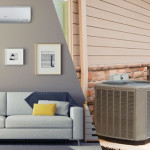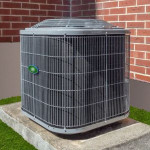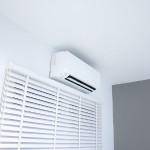How To Choose the Right Air Conditioning
Choosing the right air conditioning system depends on the person and the home's needs. Factors such as ductwork or the lack thereof, cooling strength, and the overall size of a building can all greatly impact which system will work best.
Living or working without air conditioning in Florida can be hazardous. On-going heat can cause heat stroke and respiratory disorders in children and adults. With average summer temperatures in the 90s, ceiling fans are not enough to keep the home cool.
The Most Common: Central AC
 There are a few differences between a central AC system and a ductless mini-split. Central AC systems typically cost more to operate, which is reflected in the utility bills but are usually less expensive to install. While ductless cooling systems are visible from the indoors, central AC systems are not, besides vents.
There are a few differences between a central AC system and a ductless mini-split. Central AC systems typically cost more to operate, which is reflected in the utility bills but are usually less expensive to install. While ductless cooling systems are visible from the indoors, central AC systems are not, besides vents.
Central air conditioning distributes cool air from room to room through air ducts. After circulating throughout the building, hot air flows back through the system to be discarded outdoors. Central AC is designed to cool an entire house.
If a home already has existing ductwork, central AC systems are easy for professionals to install. A working central air conditioning system adds value to any home.
A Modern Alternative: Ductless AC Units
 A ductless mini-split system is convenient for cooling older homes and buildings without existing ductwork or space for air ducts. This is because they can be mounted directly onto the wall for easy installation. Many homeowners use mini-splits because they are more energy efficient than central AC.
A ductless mini-split system is convenient for cooling older homes and buildings without existing ductwork or space for air ducts. This is because they can be mounted directly onto the wall for easy installation. Many homeowners use mini-splits because they are more energy efficient than central AC.
Two main systems are used to cool a home with mini-splits. An outdoor compressor and indoor air-handling units are used to keep the temperature comfortable. Unlike central AC, the system does not turn on and off depending on the indoor temperature.
Primarily, a mini-split is used to control the temperature of one room or zone. This means if multiple mini-splits are installed for different spaces, homeowners can program different temperatures for different areas. Mini-splits can have a much higher efficiency rate than central air conditioning systems because of the temperature loss that happens in air ducts.
Other Options for Homeowners
Air conditioning window units are another way to cool off during the summer. These are hefty air conditioners placed inside a window's frame. They work by getting rid of hot indoor air while simultaneously dispersing cool air. A window AC unit is practical for one room or zone but cannot be used to cool an entire house. They are sometimes used with central air conditioning to lower the temperature of a specific bedroom or home office that gets too warm.
Homeowners can also use portable air conditioners indoors. A portable AC unit is frequently used in attics, garages, or small rooms that aren’t typically kept cool by an AC system. It’s important to have a window and outlet available to use a portable AC. The appliance is self-contained but needs access to the outdoors because of a hose that allows warm air to be distributed outdoors. Unlike window units, newer portable air conditioners come with wheels.
Homeowners can use ceiling and stand-alone fans throughout the summer to help stay cool, but they do not provide the same experience. For the hot months in Florida, air conditioning is a necessity.
About Temp Engineering
Temp Engineering is a family-owned and operated business serving the residents of Miami Lakes, FL, and the surrounding areas. They provide straightforward pricing and trustworthy, background-checked technicians who are licensed and insured. Call them today for heating and air conditioning services in Miami Lakes, FL.

































